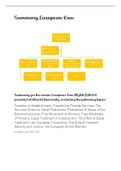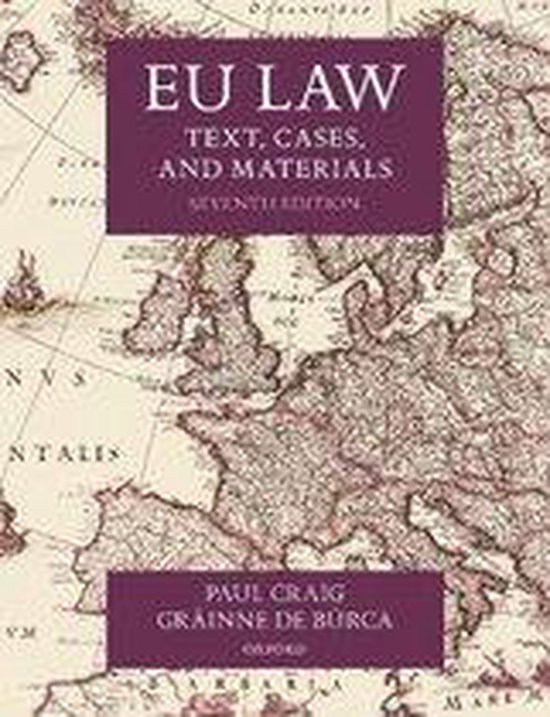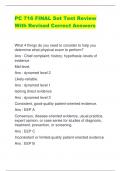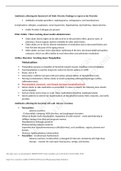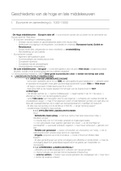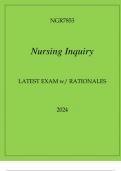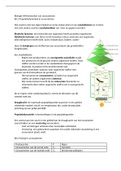Samenvatting
Samenvatting European Law (EU Law) inclusief jurisprudentie!
Een samenvatting van de verplichte stof van het derdejaars vak European Law. In de samenvatting worden stapsgewijs de onderwerpen van de weken van de cursus behandeld. Daarnaast wordt aan het eind van iedere week de case law besproken. Veel weken volgen de opzet van de methodologyclip, waardoor de ...
[Meer zien]
